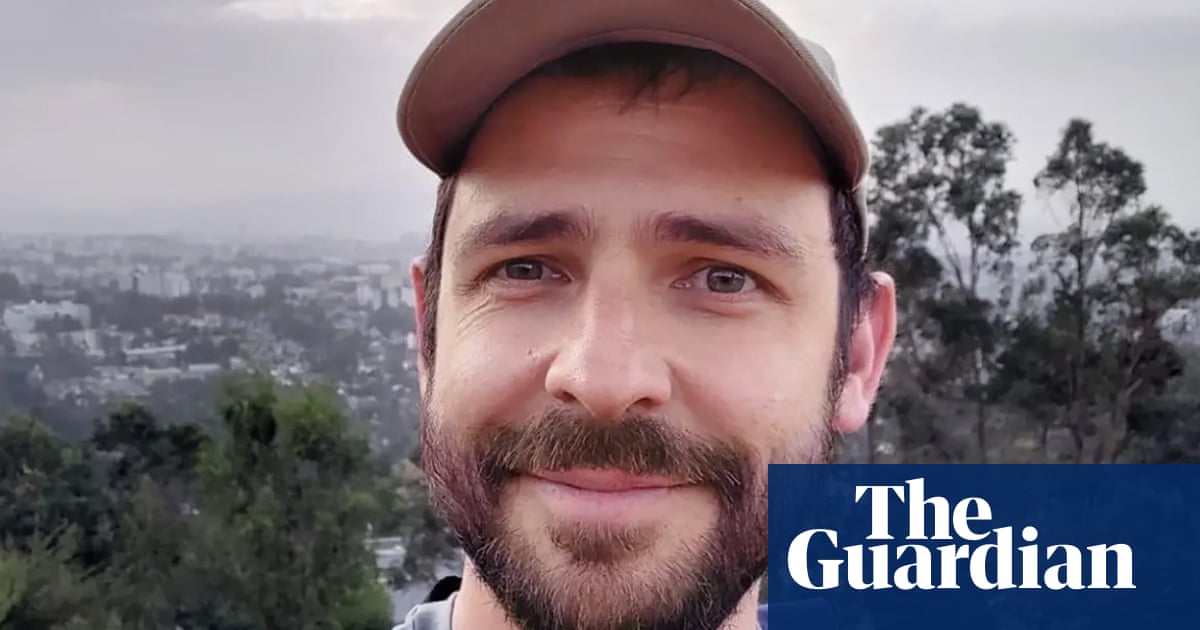
The Ethiopian government has arrested a French journalist for allegedly being involved in a plot to cause turmoil in their country.
The Committee to Protect Journalists (CPJ) reported that Antoine Galindo, a journalist for the African Intelligence (AI) news website headquartered in Paris, was apprehended by undercover security personnel at the Ethiopian Skylight Hotel on Thursday.
At that moment, Galindo was conducting an interview with Bate Urgessa, a representative of the Oromo Liberation Front (OLF), which is a political party that is legally registered as an opposition group. According to the human rights organization, Bate was also arrested.
AI stated that Galindo was in Ethiopia to cover the yearly conference of the African Union and general updates. The organization also noted that he held a valid work visa for the country and the authorities were informed of his job responsibilities.
The arrest of Galindo was deemed “unjustified” by AI, who demanded for his immediate release. AI stated that the accusations against him are groundless and lack any solid evidence to warrant his continued imprisonment.
According to Galindo’s lawyer, CPJ reported that a judge in Addis Ababa rejected Galindo’s request for bail and ordered for his detention to be extended until March 1st. This decision came after the police asked for additional time to investigate his phone.
According to the lawyer, Galindo is being accused of colluding with two insurgent organizations, but authorities have not presented any concrete proof to support this allegation.
Angela Quintal, the leader of CPJ’s Africa program, demands the immediate and unconditional release of Antoine Galindo, who was unjustly detained for simply performing his lawful journalistic obligations. The Ethiopian authorities’ actions are completely unjust and unacceptable.
She stated that the recent arrest of Antoine Galindo is another illustration of the poor state of press freedom in Ethiopia. At least eight other journalists are currently imprisoned for their work and must also be released as soon as possible.
According to the CPJ, Ethiopia is ranked as the second-highest detainer of journalists in sub-Saharan Africa, following Eritrea.
In 2018, upon assuming office, the prime minister, Abiy Ahmed, vowed to put an end to oppression and freed a large number of political detainees. Unfortunately, in the midst of the 2020-2022 conflict in the northern Tigray area, his administration clamped down on opposing voices and either expelled or denied entry to foreign reporters.
Numerous non-native reporters were removed from the Tigray conflict, however the nation seldom holds international journalists for prolonged periods. The most recent instance was in 2011 when two Swedish journalists were detained for entering Ethiopia unlawfully to cover a resistance group. The pair were charged with acts of terrorism but ultimately released in a large-scale amnesty the following year.
Currently, Ethiopia is facing challenges with an uprising in Oromia and Amhara, its two primary regions. There have been allegations of human rights violations against government troops in these areas. A state of emergency, enforced since August, has resulted in the suspension of civil rights in Amhara.
The Ethiopian government has not yet provided a statement regarding Galindo’s detainment.
Source: theguardian.com


















